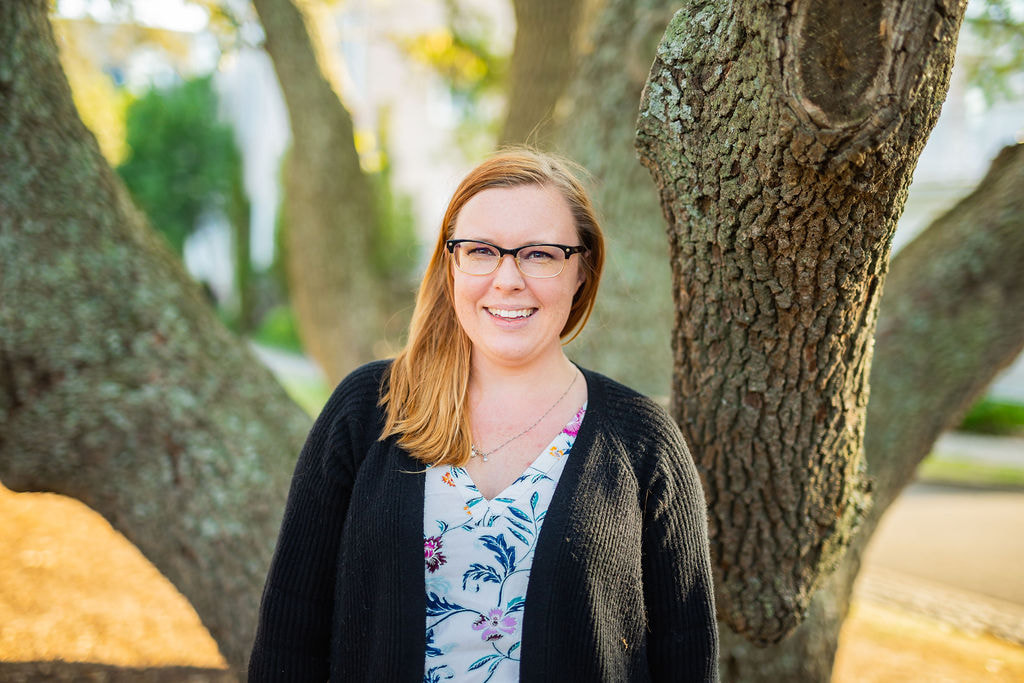|
IN THIS ARTICLE:
When there are relationship problems, it can be very challenging on a marriage. Marriage counseling can be a helpful tool for couples to work on repairing their relationship and finding solutions to problems. There are many benefits to marriage counseling and picking the right marriage counselor is one of the most important steps in starting the process of marriage counseling. You will want to choose someone who can help you improve your communication and resolve any issues. Since there are so many types of therapists, it can be hard to know which is the best for couples therapy and marriage counseling. This article will explain the types of therapists, factors to consider when choosing a marriage counselor, and the best type of therapist for marriage counseling.
Types of therapists
In the U.S.A., there are several types of therapists and they each have unique training and qualifications. Here is an overview of the similarities and differences between each type of therapist. Hopefully, this list of types of therapists will help you decide which therapist might be best to meet your marriage counseling needs.
Factors to consider when choosing a marriage counselor
There are several factors to consider when choosing a marriage counselor, including the counselors training and qualifications, their experience working with couples, the type of marriage counseling they provide, the logistics of working with them, and the goodness of fit between you and the therapist.
The best type of therapist for marriage counseling
Ultimately the best type of therapist for marriage counseling will depend on each couples specific needs. Personally, I would encourage people to work with someone who is Certified in Emotionally Focused Couples Therapy or who is a Licensed Marriage and Family Therapist (LMFT). If they are both, then that would be ideal. EFT couples therapists and LMFTs will likely be the most helpful for relationship concerns such as communication, rebuilding trust, and recovering from infidelity.
However, there are times that another therapist may also be a good fit. For example, if there are a severe mental health diagnoses (such as bipolar disorder, personality disorders, or schizophrenia, etc.), then working with a psychologist or psychiatrist could be really helpful. If your family is navigating social services such as foster care or adoptions, then working with a clinical social worker or professional counselor may be helpful. Whoever you choose, make sure to put some time and effort into choosing the best type of marriage counselor for you. You will want to look into their training, qualifications, and experience, as well as meet with them to make sure both you and your partner feel like they are a good fit. By taking the time to make sure it's the best marriage counselor for you, you will save your self time and likely help your relationship improve at a faster rate. Looking to start marriage counseling?
Elizabeth Polinsky Counseling provides online Emotionally Focused Couples Counseling, as well as weekend-long Marriage Intensives, throughout the states of Virginia, South Carolina, Arkansas, and Nevada. Click the button below to schedule a complimentary consult.
About the Author
DISCLAIMER:
My podcast, blogs, videos, newsletters, and products are general information for educational purposes only; they are not psychotherapy and not a replacement for therapy. The information provided is not intended to be therapy or psychological advice; and nothing I post should be considered professional advice. The information provided does not constitute the formation of a therapist-patient relationship. I cannot answer questions regarding your specific situation; you should consult your doctor or mental health provider regarding advice and support for your health and well being. If you are experiencing a medical or mental health emergency, you should call 911, report to your local ER, or call the National Crisis Hotline at 1-800-273-8255. The podcast, blogs, videos, newsletters, and products are not a request for a testimonial, rating, or endorsement from clients regarding counseling. If you are a current or former client/ patient, please remember that your comments may jeopardize your confidentiality. I will not “friend” or “follow” current or past clients to honor ethical boundaries and privacy; nor will I respond to comments or messages through social media or other platforms from current or past clients. Current and past client’s should only contact me through the professional contact information provided on the website. Lastly, accounts may be managed by multiple people. Therefore, comments and messages are monitored by staff and are not confidential.
0 Comments
Your comment will be posted after it is approved.
Leave a Reply. |
AuthorElizabeth Polinsky Counseling provides marriage counseling, weekend-long marriage intensives, and therapist training in Emotionally Focused Couple Therapy (EFT). Online couples counseling services are available in Virginia Beach Virginia, and throughout the states of Virginia, South Carolina, Arkansas, and Nevada. Archives
November 2022
Categories |
Address283 Constitution Drive
One Columbus Center Ste. 600 Virginia Beach, VA 23462 |
Telephone(757) 262-3316
Fax
(757) 260-9965
|
info@elizabethpolinskycounseling.com
|
|





 RSS Feed
RSS Feed